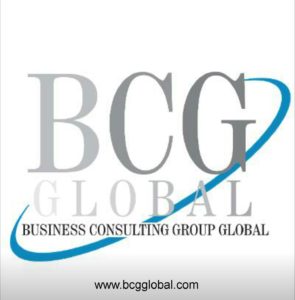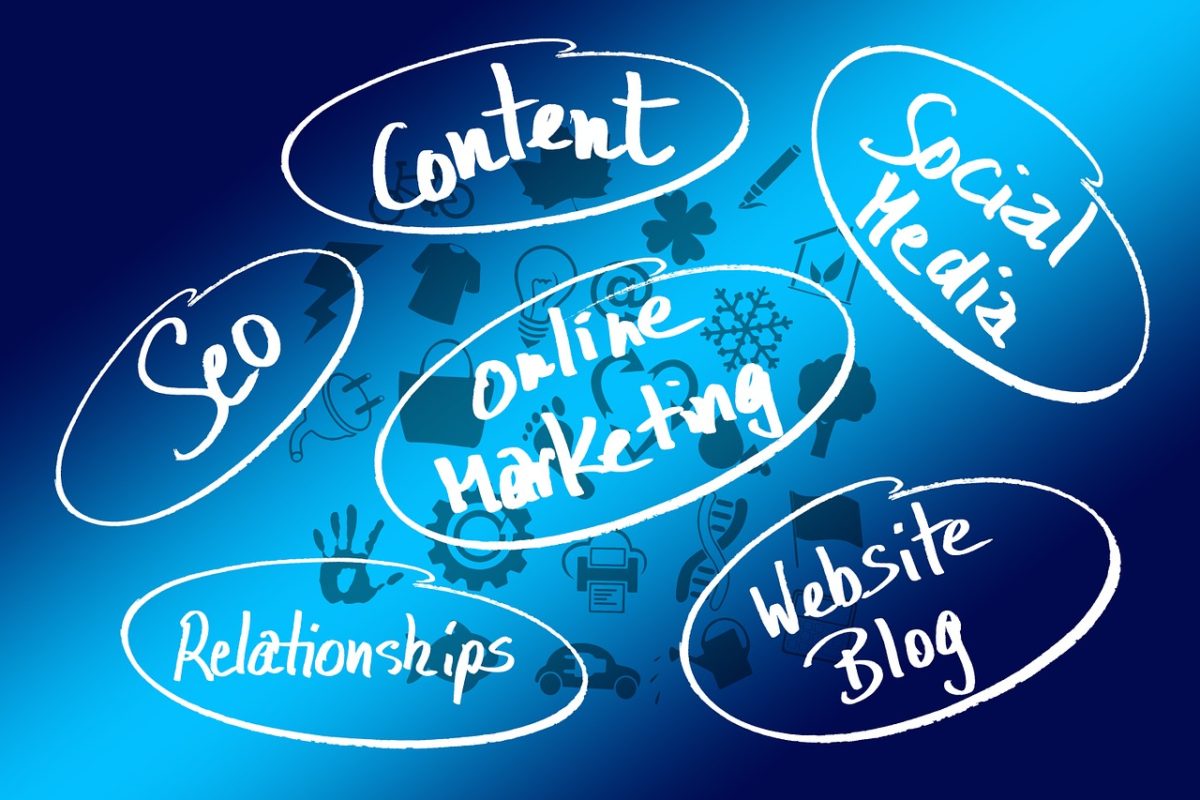The hospitality industry is getting more and more ruthless every year. Hundreds of articles talk about the swell in the industry and how newer segments of hotels are disrupting the market frequently. Now, when potential guests are planning a getaway, they have a large array of hotels to choose from.
Marketing and branding emerge as key differentiators in this market. Hotels that send out a strong, consistent message, and combine that with high quality personalized services, are likely to succeed. Those who can generate value added content for their target audience, while also creating a healthy buzz about their products and services, will have the definitive edge over their competitors.
To make sure that you’re truly visible, you need to follow the best marketing practices in the industry. And, the best practices can only be implemented if you utilize the right tools. In order to strike a fine balance between potency and aggressiveness, here’s a list of the things you should be utilizing right about now.
- Word of Mouth
A report by HospitalityGEM reveals that more than 80% of people consider word of mouth to be the biggest influence on decisions like where they eat, drink or holiday. All the hype on social media platforms fail to be as persuasive as personal reviews from fellow travelers.
Since the product offered by hotels is quite intangible, people’s reliance on word-of-mouth increases dramatically. Loyal customers, through word-of-mouth, become ad hoc marketers for the company by conveying their experiences.
There are many ways in which you can engage in face-to-face marketing to collect reviews and testimonials from your customers
- Professional events in your industry and community are a great way to begin spreading the word.
- You could funnel referrals and recommendations via a pipeline or start a program rewarding guests for bringing customers to you.
- Keep your eye on review sites like Yelp and TripAdvisor, responding to positive comments with a thank-you or, alternatively, a reward.
- Email Marketing
Whoever said that email was dead is probably 6 feet under himself. Here are a few stats that prove that emails are alive and kicking and very much a relevant marketing tool:
- In the hospitality industry, targeted emails sent to segmented lists generate 58% of all digital revenue (The Direct Marketing Association, 2015).
- 86% of consumers prefer companies that send promotional emails monthly, while only 15% would like to receive them daily (Statista, 2015).
- 48% of emails are opened using a smartphone (Movable Ink, 2015).
Email Marketing is one of the cheapest and most effective ways to target your guests. Different kinds of communication can be sent using emails: newsletters, promotions, offers, company updates, special events, and surveys. It helps you keep in touch with prospective as well as returning customers.
Segmentation and discretion is very important in your email marketing strategy, since inboxes are viewed as an extremely private space. Customers hate to feel like they’re being spammed. So, don’t just send emails at random and definitely don’t send emails by the dozen. Spread out the communication and let your customers opt in for daily, weekly, or monthly correspondence.
- Website Planning
If you’ve been doing your outreach correctly, most of your potential customers will soon be heading straight to your website. But your job isn’t done there. There’s still the matter of converting potential leads into paying customers, and your website’s UI (User interface) plays a really important role in this.
Usability research suggests that customers need only about 2.5 seconds to lose interest and move on (so much for attention spans!), giving you precious little time to work with them. This means that your website load time needs to be even lesser than that, and the UI needs to be highly intuitive.
All essential information about your hotel needs to be encapsulated as succinctly as possible on the homepage, so that customers have access to all the relevant information they need to make a decision. You can have internal pages with more content and pictures, but the homepage has to make a great impression.
Also, the calls to action on the website (your ‘Book Now’ or ‘Subscribe Today’ prompt) has to be prominently placed throughout the website. This gentle, yet constant, reminder will persuade visitors to book a room or avail a particular discount, because you are in the business of making money, after all.
- Printed Collaterals
‘Collaterals’ as a term refers to all sorts of printed material like business cards, brochures, and postcards. These serve to directly promote your hotel and all the services that you provide.
Collaterals should be highly informative, and very well designed. Brochures, for example, should contain highly relevant ‘fingertips-based’ information, equipping guests with all they need to easily get around your hotel. Things like the number of rooms, address, emergency contact numbers, social media accounts, where the common areas are, a few testimonials – and lastly, a bold brand statement, should be incorporated into your marketing collateral.
Be sure to maintain a consistent design and tone across all your products. This will reinforce the look and feel of the brand, and unite it cohesively. If there are too many changes or variations, the identity of the brand will get fractured.
- Social Media
The backbone for most brands nowadays, social media is simply unavoidable because that’s the most likely place to mine for and engage with consumers. But, at the end of the day, these are social networking platforms, and the term ‘social’ should not be overlooked. ‘Salesy’ behavior will not get you anywhere. Engage genuinely with your consumers. When they know you really care for them, they won’t mind being ‘sold to’ every now and then.
Also, choose your social media platforms with care. You don’t need to be on each and every one of them in the hope that traffic will flow in from everywhere. You’re going to spread yourself out too thin and won’t gain much in the process. Focus on a handful relevant channels, platforms where your audience is most likely to hang out, and put all your marketing efforts into it.
For example, Pinterest may be extremely popular, but that’s hardly where you’ll find people planning a vacation. Instead of focusing your efforts there, you should look at platforms like Trip Advisor and Lonely Planet where you’re likely to find more prospective clients.
- Events
While technology can provide a window or a gateway to your hotel nothing is more engaging than first hand interactions. Invite key influencers, media persons, and people from your target group. This will allow people to experience your venue first hand, and, if they’re happy, they will go back as ambassadors of your brand.
However, as it is with everything, put some thought into planning your event. Customize it to suit the taste of your attendees. Don’t follow a cookie cutter approach and think that having a dance floor and karaoke corner will be enough. If you want your audience to be impressed, give them something to be impressed about.
- Influencers
Influencers are the movers and shakers of the industry. They have the ability to sway their audience, change perceptions, and affect their decisions.
There are two kinds of influencers: Celebrities and experts. Celebrities always have the public eye trained on them. Just by virtue of the position they enjoy, they help shape people’s mind. Everything they do – their choice in fashion, lifestyle, travel, and beauty – becomes a direct or indirect endorsement.
Expert influencers are key figures in the industry. Their words carry the weight of authority and experience. Reviewers, lifestyle show hosts, travel bloggers, Instagram mavens, food critics – the list of those you can potentially target is quite huge.
Use a combination of both kinds of influencers to spread the good word about your establishment. It’s a great way to generate the buzz and you’ll find your audience flocking to you in droves.
- Content Marketing
Content is king. Despite how many times you hear this phrase rehashed on the Internet, it holds true. This goes double for the hospitality industry whose modus operandi for awhile now was outbound, intrusive advertising. People no longer seek that – they want to connect with your brand and its services by fostering trust.
This trust can only be garnered when you engage your consumers in a more meaningful manner, by adding value to their lives, which is exactly what content marketing is all about. Blogs, videos, newsletters and the whole gamut of content that revolves around extracting the right information and sending it across to the right audience will be a game changer for your marketing strategy.
While I have covered these marketing tools in a cursory manner, each tool has its own intricacies that I hope to explore individually in future articles. For now, just remember that each of these tools should be factored in when creating your marketing strategy. They must receive due consideration and used intelligently to tap into your audience. With time, your efforts will pay off and you will be able to build a rock solid marketing strategy that will yield consistent results for your brand.
Ram Gupta, the author is a hotel management graduate from India and Germany; He is a certified Hotel Administrator from U.S. and MIH from U.K. He has over 40 years of sound experience in the Hospitality, real estate industry in India, Dubai, U.K, Europe and Japan and is well versed with all areas of business including acquisitions, mergers, joint ventures, diversification, strategic planning, development and operations. He has been associated with over two dozen luxury and boutique hotel projects and has launched two hotel chains in India. He is currently an independent hotel consultant and could be contacted at ramgupta@bcgglobal.com. Website: www.bcgglobal.com


